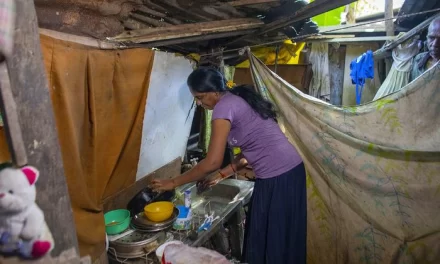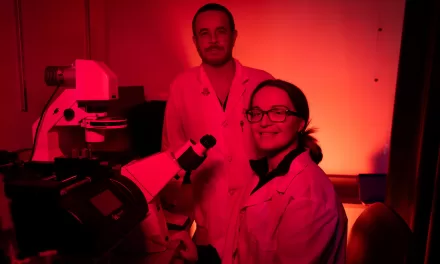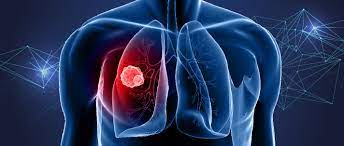In a groundbreaking development, Japanese scientists are testing a drug that could allow people with missing teeth to grow new ones, potentially revolutionizing dental care and providing an alternative to dentures and implants.
Clinical trials for the experimental treatment began in October at Kyoto University Hospital under the leadership of Dr. Katsu Takahashi, head of oral surgery at the Medical Research Institute Kitano Hospital in Osaka. The team is investigating how to awaken dormant tooth buds—hidden remnants of a potential third set of teeth—in humans.
“It’s a technology completely new to the world,” Takahashi told AFP, highlighting its potential to restore natural teeth, which he said would be less invasive and more cost-effective than current prosthetic solutions.
Unlocking Latent Potential
Unlike reptiles and fish, which regenerate teeth throughout their lives, humans typically grow only two sets. However, Takahashi’s team has identified a third set of latent tooth buds in human gums. By blocking a protein called USAG-1, their research on mice and ferrets has successfully regrown teeth.
The findings, published in a 2021 study, suggest that this antibody treatment could be a breakthrough for addressing congenital tooth anomalies in humans.
Aimed at the Most Severe Cases
The initial trials are targeting patients with congenital conditions that leave them with six or more permanent teeth missing—a hereditary disorder affecting 0.1% of people. Such individuals often struggle with chewing and face social stigma, particularly in Japan, where they may resort to wearing face masks to hide their dental gaps.
“This drug could be a game-changer for them,” Takahashi said, emphasizing the dire need for a solution. The treatment, primarily intended for children, could become available as early as 2030.
A Global Race in Dentistry
The project has drawn international attention, with experts calling it a potential game-changer. Dr. Angray Kang, a dentistry professor at Queen Mary University of London, praised the research, noting that the Takahashi team is “leading the way” in efforts to regrow teeth using antibodies.
However, he tempered expectations, describing the journey to human tooth regeneration as “a set of back-to-back consecutive ultra-marathons” rather than a quick sprint.
Dr. Chengfei Zhang, a clinical professor in endodontics at the University of Hong Kong, called the approach “innovative and revolutionary,” but cautioned that animal results do not always translate to humans. He also raised questions about whether regenerated teeth could functionally and aesthetically match natural ones.
A Hopeful Future
For now, the trials focus on safety, with adult participants who have lost at least one tooth due to injury or decay. While tooth regrowth is not the main objective, researchers hope for a breakthrough during the trials.
“If regenerated teeth appear, it would be a medical triumph,” Takahashi said. “I would be over the moon if that happens.”
The implications of the research are especially significant in Japan, where over 90% of people aged 75 or older have at least one missing tooth. Takahashi believes the technology could enhance the healthy life expectancy of Japan’s aging population.
“This is only the beginning,” he said, expressing optimism about the future of tooth regeneration.
If successful, the drug could mark a monumental shift in dental care, offering millions worldwide a natural and transformative solution to tooth loss.












